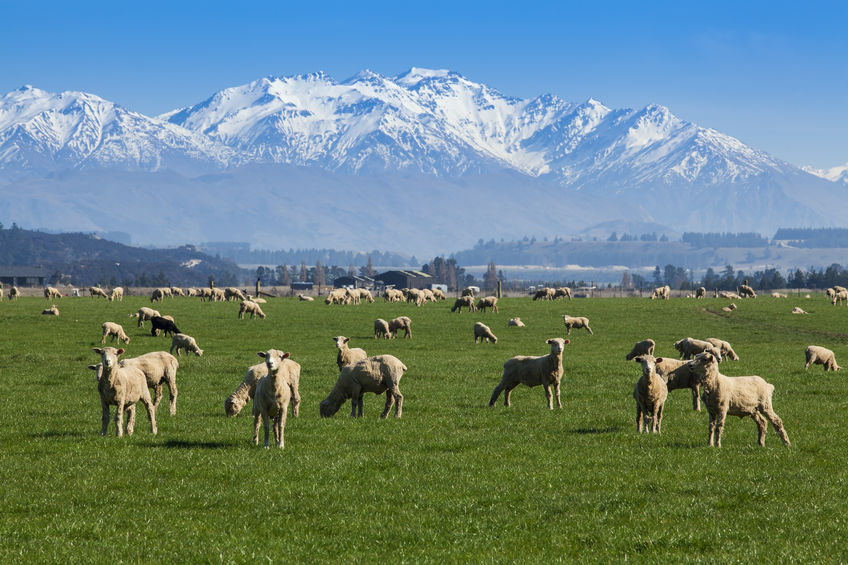
The government must agree equivalency conditions on food, welfare and environmental standards as part of a trade deal with New Zealand, industry groups say.
Trade talks between the UK and New Zealand have intensified this week in the hope an agreement could be reached in a matter of days.
According to reports, tariff cuts on New Zealand's agri-imports including dairy, lamb and beef could be included in the trade deal.
It follows heated discussions around the UK’s first significant post-Brexit trade deal with Australia, which farmers criticised government for failing to protect their standards.
But the current negotiations with New Zealand are taking place behind closed doors, leaving worries that such issues are being side-lined.
The RSPCA said a lack of transparency about the trade deal talks had set 'alarm bells' about animal welfare protections in the UK.
Chief executive Chris Sherwood said: “We have already seen in the UK’s first post-Brexit trade deal with Australia that government is willing to sacrifice our hard-won animal welfare standards to get a deal.
"If we do not set a line in the sand that makes any import of food equivalent to our welfare standards as a condition of this deal, we are sending a clear signal to the rest of the world that we are willing to accept cheap imports.
"We need to send a message to the British public and the rest of the world, which is waiting in the wings to trade with us, that we will not sell out our standards or our farmers for a quick deal.”
It comes as MPs who sit on the Environment, Food and Rural Affairs Select Committee (EFRA) called for 'proper parliamentary scrutiny' on future trade agreements.
The committee highlighted the 'distress and concern' within the farming community following the announcement of the UK-Australia trade deal.
Parliamentarians also urged the government to clarify details of the Trade and Agriculture Commission (TAC), which was set up to scrutinise new free trade agreements.
The TAC's creation had provided the British farming sector with reassurance that the government would engage with farmers' concerns about the potential weakening of the UK’s high standards when sealing deals.
But in a recent letter to International Trade Secretary Liz Truss, the MPs said the TAC's recommendations were being 'ignored' and 'left to gather dust'.
EFRA urged the government to respond to the TAC's key recommendations 'without delay', and to appoint a Chair and members that would 'scrutinise' FTAs before the parliamentary summer recess at the latest.
Despite these concerns, Ms Truss said the UK and New Zealand were committed to striking 'a modern, liberalising agreement'.
She said it would forge closer ties between "two island democracies that believe in free and fair trade".
"I am pushing UK interests hard in areas like services, mobility and investment, and want a deal that cuts tariffs on our exports, makes it easier for our service providers to sell into New Zealand, and delivers for consumers here at home.
"We have intensified negotiations and moved closer to an agreement that works for both nations."
